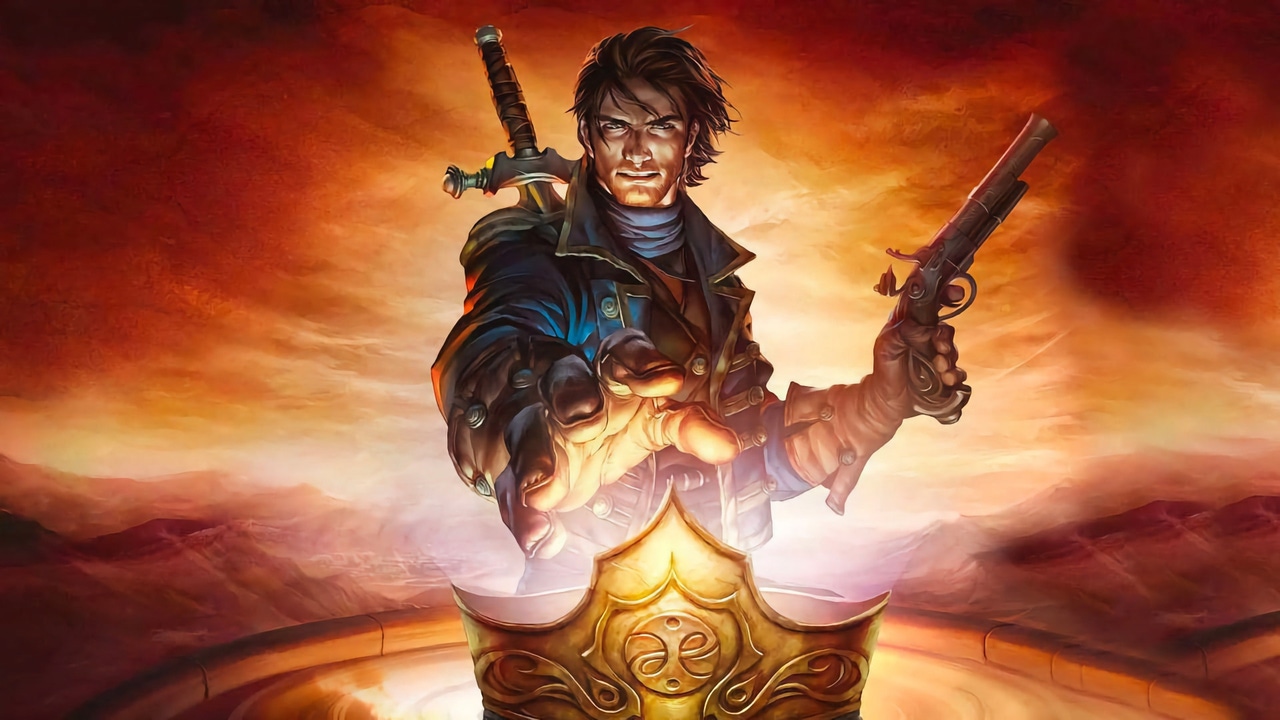Trending
Opinion: How will Project 2025 impact game developers?
The Heritage Foundation's manifesto for the possible next administration could do great harm to many, including large portions of the game development community.
Making Fable 3 may have been the smoothest of the trilogy for Lionhead, but it wasn't without its sacrifices.

Ex-staffers at Lionhead Studios spoke to The Gamer about Fable 3, where they discussed the highs and lows of making the closer to the original fantasy-RPG trilogy.
Fable 3 released in 2010, a little over two years after Fable 2. But despite the shorter timeframe, former creative director Dene Carter claimed the issue back then wasn't really crunch; if anything, Lionhead "largely fixed" the process of creating a Fable game by the time of his departure in 2009.
That sentiment was similarly echoed by gameplay programmer Kostas Zarifis, who said making Fable 3 was a smoother cycle than its predecessor. "The ground was finally not so shaky," he noted, explaining that the tools from the first two games were of great help here.
Sometimes, it's easy to tell when sequels are made in a short development time, either on a presentational or mechanical level. Zarifis pointed out that Lionhead actively avoided doing "Fable 2, again," calling it a boon and a burden: "We can't help it. It's kind of a blessing and curse, the Lionhead way."
Rather than crunch, the past Lionhead staff said they chose to cut where they could. As he has been previously, Peter Molyneux candidly called Fable 3 "a third of the size it should've been." He told The Gamer the game's final third wherein players take the throne and rule Albion was severely cut down from its original intended design.
"What we wanted to do is give players the feeling that they could be whatever [royalty] they wanted," Molyneux explained. After the first act was about players' "claim to power," the next two would've juggled that responsibility and shown visible consequences like in the first two games.
Instead, Lionhead did enough cutbacks that Molyneux called them "ten mini-events."
What did the threequel in, at least as far as Molyneux is concerned, is that he didn't shoot down Microsoft telling them after Fable 2 to "next time, do it on time." To him, that methodology went against the Lionhead spirit of "we make the game, play it, go back to the drawing board, play it, go back to the drawing board."
Earlier this year, Microsoft came under fire by former 343 Industries employees for the handling of Halo Infinite. Speaking to his experience, Molyneux was a little defensive of his former parent company, though his comments were also slightly illuminating of how working under larger studios could be back then (and still can be, in some cases).
On one hand, Molyneux said Microsoft "never told you to do something, they just dangled a really lovely golden carrot in front of you if you did something.” But by his own admission, he could've pushed to delay Fable 3 instead of going for the bonus structure that "incentivized us to hit our dates, rather than hit the quality."
"It may have been my fault actually," he said. "I hate the fact that we had all this potential and we didn't do what we should have done, and [said] it needs another year and a half. It needed double the time, basically."
Carter left a year before Fable 3 came out, implying his exit was due to "other forces conspiring to make the design of the game painful. From what I heard about what it was like at Lionhead after I left, I was very glad I was no longer working there."
Lionhead closed its doors in 2016. The Gamer intends to release a deep dive on the studio's last days in the near future, but until then, its look back on Fable 3 can be read here. The full retrospective dives into the game's interactive UI, audio, and acquiring its star-studded cast.
You May Also Like